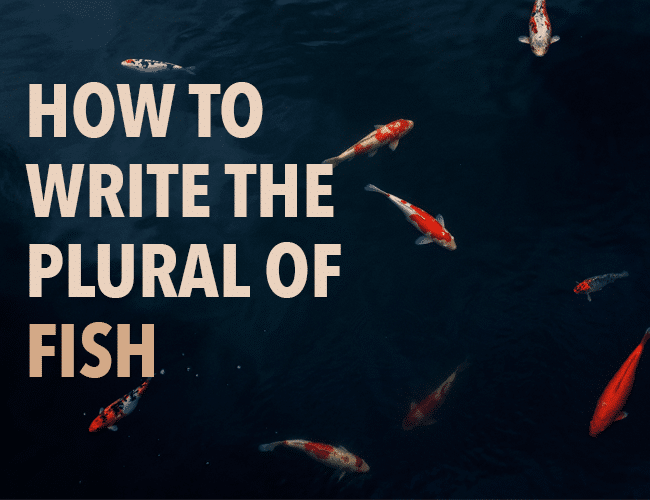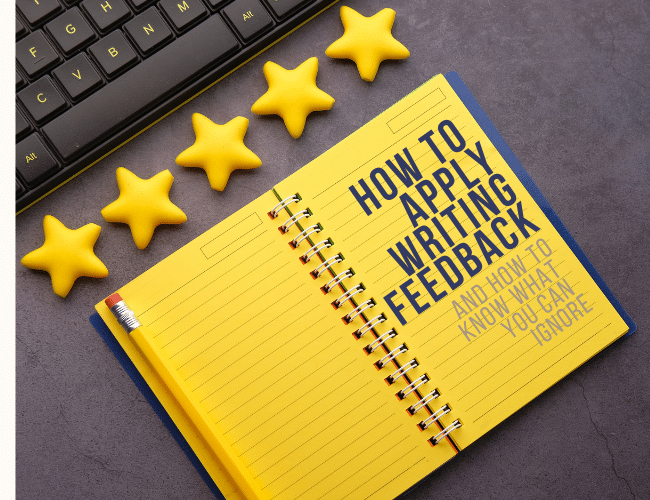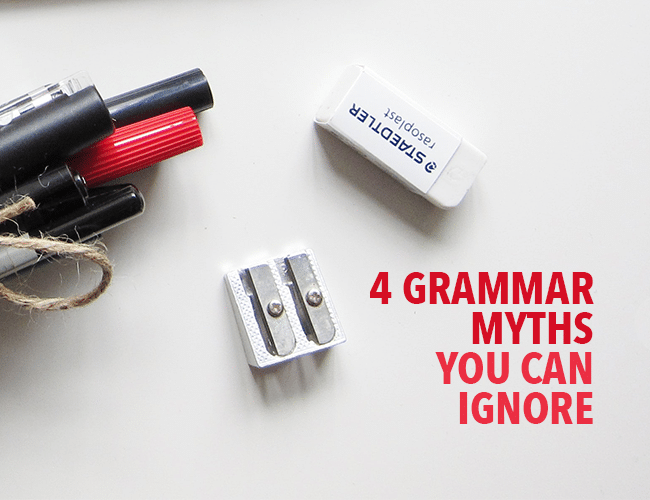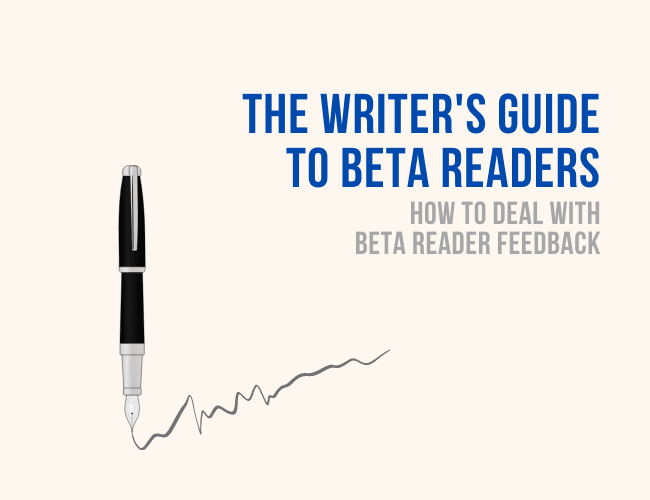
by Joslyn Chase |
If you want your readers to not just pick up your book, but keep turning the pages, you need to learn how to write a hook that will draw them through the story so they never want to put it down. Try baiting your hooks with the thrill of danger to keep your readers on the line.

by Joslyn Chase |
Two of the most vital skills you should focus on as a writer are how to tell a story that satisfies readers and how to develop compelling characters. But once you’ve got that figured out, aren’t there other writing techniques, more subtle perhaps, that draw readers in and make stories shine?
There are. And one of those writing techniques is called euphonics.
Rayne Hall, author of the Writer’s Craft series, defines euphonics as “the use of sound devices for prose writing.” The dictionary definition of euphonic expands on that to include “a harmonious succession of words having a pleasing sound.”
Understanding this writing technique and applying it to your sentences will make your readers fall in love with your writing!

by Alice Sudlow |
Here’s a question for you: what’s the plural of fish?
English is a pretty convoluted language. Even when things seem straightforward, exceptions pop up to turn regular rules upside down.
Today we’ll look closely at the word fish and verify the correct plural use of it.
Whether or not you’re writing a rhyming children’s book like One Fish, Two Fish, Red Fish, Blue Fish or a literary novel staged on the sea, understanding the proper use of this word—like all good grammar—can strengthen you’re writing.
Learn good grammar without depending on tools like Grammarly with bite-sized posts on simple grammar rules like this one.

by David Safford |
Do you crave solid feedback on your writing but rarely get it? Our maybe you’ve received feedback but you’re having trouble what to embrace and reject, or how to apply writing feedback in general.
Learning how to apply writing feedback is tricky, but knowing how and when to accept and reject suggestions can drastically change your story’s ability to touch readers. It will also teach you how to give better feedback to others, which is crucial for building your writing community.

by Joslyn Chase |
You just want to tell a story in the best way you know how. You work hard to express yourself, observing the rules of grammar you’ve been taught. But what if those rules aren’t really rules?

by Sarah Gribble |
You’ve spent a few agonizing weeks waiting on the feedback to roll in from your beta readers. You’ve probably worked your way into an anxiety attack with all the waiting. What if they don’t like it? What if you have to do a major rewrite? It’s scary!
In this post, I’ll walk you through exactly what to do with all that beta reader feedback. Take a deep breath—it’ll be great.








